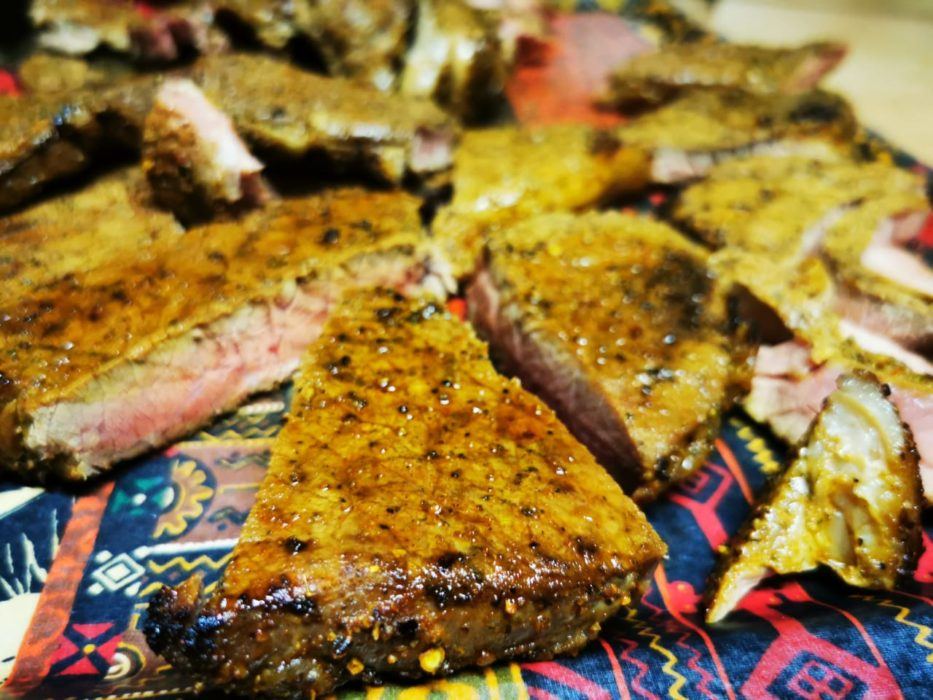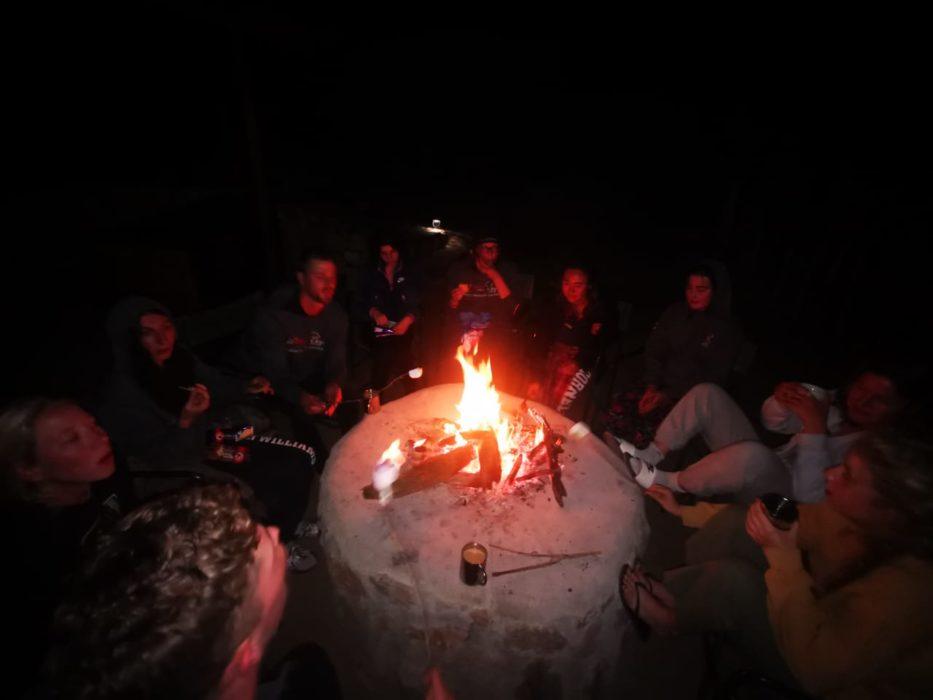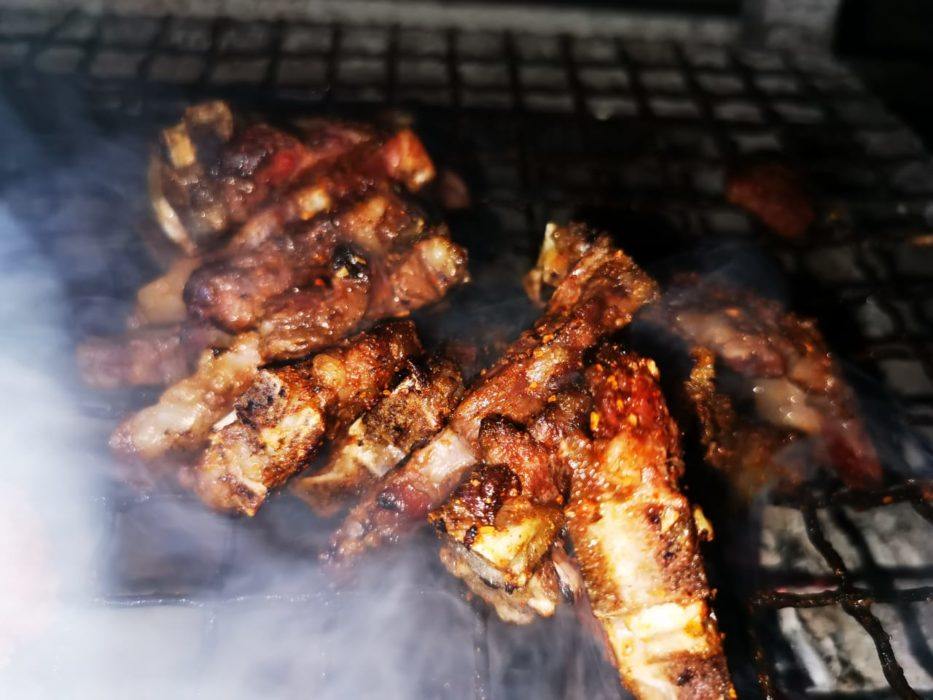The history of food in South Africa is rich and diverse, shaped by a variety of cultural influences due to the country’s history of colonization, trade, and migration.


Here are some key cultural influences on South African cuisine:
- Indigenous African Cuisine: The original inhabitants of South Africa, including various ethnic groups like the Zulu, Xhosa, and Sotho, had their own culinary traditions. Staples like maize (corn), sorghum, and vegetables were central to their diets. Dishes like pap (maize porridge) and umngqusho (samp and beans) remain significant in local cuisine.
- Dutch and Cape Malay Influence: Dutch settlers introduced farming techniques and certain ingredients like wheat, wine, and livestock. The influence of the Cape Malay community, descendants of slaves brought by the Dutch from Indonesia and Malaysia, introduced spices, curries, and techniques like pickling and preserving.
- British Influence: British colonization in the 19th century brought elements of British cuisine to South Africa, including dishes like roasts, pies, and puddings. British settlers also contributed to the cultivation of crops like potatoes and introduced dairy farming.
- Indian Influence: The arrival of Indian indentured labourers in the 19th century brought a significant Indian influence to South African food. Curry dishes, chutneys, and spices became integrated into the cuisine, particularly in areas with large Indian communities.
- Afrikaner Cuisine: The Afrikaner population, descendants of Dutch settlers, developed their own distinctive culinary traditions. Biltong, boerewors, and potjiekos (a slow-cooked stew) are examples of dishes closely associated with Afrikaner culture.
- European and Asian Migration: In more recent times, South Africa has seen migration from various European and Asian countries. This has contributed to the diversity of ingredients and flavours found in modern South African cuisine.
- Globalization and Fusion: As South Africa opened up to global trade and cultural exchange, international foods and cooking techniques have been incorporated into the culinary landscape. Fusion dishes that blend different cultural elements have become popular.
- Braai vs. Barbecue: “Braai” is a South African term that refers to the process of grilling or barbecuing meat, usually over an open flame. It’s a significant cultural activity in South Africa, often involving social gatherings and a variety of meats. The term “barbecue” is more commonly used internationally and refers to the cooking method of grilling or roasting meat over a fire or hot coals. While the basic concept of cooking meat over an open flame is similar, the term “braai” carries a cultural and regional connotation specific to South Africa. More specifically a “braai” often involves a longer process or event and includes more than just cooking and eating.



The Expedition Project braai on the Wildlife Vet Experience 2022. Read the live blog here!
Overall, South African cuisine is a vibrant tapestry of flavours, ingredients, and techniques brought together by a history of cultural interactions and influences. This diversity is celebrated and reflected in the country’s culinary traditions.
Search our fantastic restaurant partners here.





Leave a Reply
You must be logged in to post a comment.